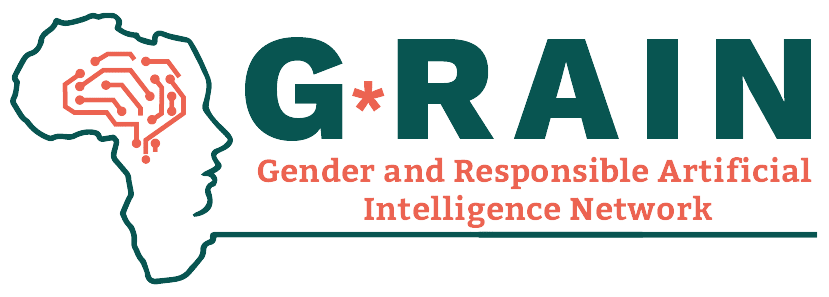The Gender and Responsible Artificial Intelligence Network (GRAIN), made up of the members of the consortium (Ipar, Sunbird and CSEA), as well as the beneficiaries of the GRAIN project, will meet from 16 to 18 April 2024 in Kampala (Uganda) to a working session focusing on exchanges and sharing on the theme: "a collaborative approach to responsible AI and gender".
The aim of the meeting is to encourage collaboration and knowledge exchange between network members, identify obstacles and opportunities to achieving the network's objectives, and develop strategies and action plans to address key issues related to GRAIN's mission. There will also be a focus on strengthening links and improving communication within the GRAIN network to foster ongoing collaboration and support.
At the start of the meeting, Professor Engineer Bainomugissha, representing Sunbird AI, welcomed the participants with a presentation of Uganda, in particular Kampala, which was hosting the meeting, and of his institution's achievements in the use of AI for the benefit of communities. According to Prof. Bainomugissha, Uganda is the "pearl of Africa", with the youngest population on the continent (77% of the population is under the age of 25) and more than 40 languages spoken.
In her speech, Dr Laure Tall, Director of Research at Ipar, emphasised "the extraordinary potential of AI to boost inclusive development on the African continent". Indeed, she pointed out, a recent study indicates that AI could help to achieve 134 of the 169 United Nations Sustainable Development Goals. This includes solutions ranging from improving access to healthcare to combating climate change.
According to Dr Tall, it is crucial to invest in quality data and disaggregated data for AI. Today's data does not give a complete picture of women, let alone African women. However, disaggregating data is not as simple as counting men and women. Collecting data for AI also requires intersectional approaches.
She pointed out that artificial intelligence could also exacerbate disparities and the digital divide because, she explained, there is a considerable digital imbalance between men and women.
According to Dr Adedeji Adeniran, Director of Research at CSEA, AI will have a positive impact on society's economy. However, the benefits of AI will be disproportionate due to gender bias in the use and production of data for AI.
Over the course of three days, participants will adopt a participatory approach through a variety of sessions, including presentations of beneficiaries' projects, group work to draw up the network's basic documents, and determination of the network's next steps, among others.
At the end of the workshop, participants are expected to have a better understanding and awareness of GRAIN's mission, objectives and activities. In addition, action plans and strategies will be developed to meet the challenges identified and take advantage of the opportunities presented by the network.
It will also strengthen links and collaboration between GRAIN members, which will promote greater synergy and collective impact in achieving common objectives. In addition, members will have a greater involvement of participants in actively contributing to the evolution and sustainability of GRAIN's initiatives.
It should be noted that since its official launch in November 2023, the network has organised 5 webinars and 5 regular meetings with beneficiaries and network members. It should also be remembered that the GRAIN network aims to function as a "collaborative space" bringing together African stakeholders with the necessary expertise, including for-profit organisations, non-profit organisations, universities, governments and research enabling self-sustainability by building on existing capacity.
GRAIN is being set up as part of the Artificial Intelligence for Development in Africa (AI4D Africa) programme, with financial support from the International Development Research Centre (IDRC) and the Swedish International Development Cooperation Agency (SIDA).

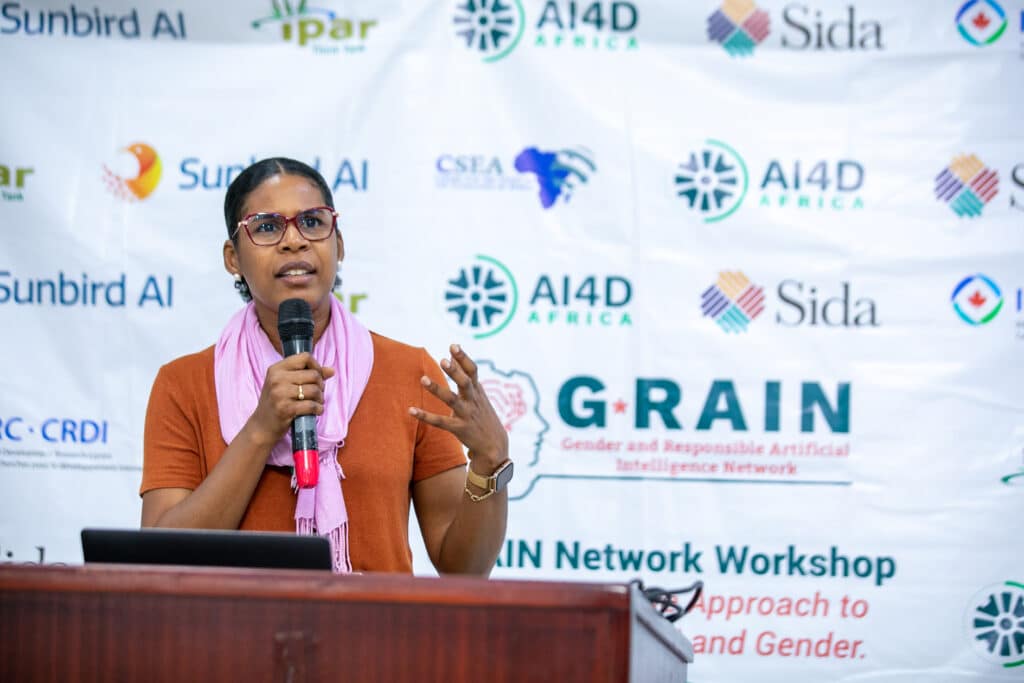
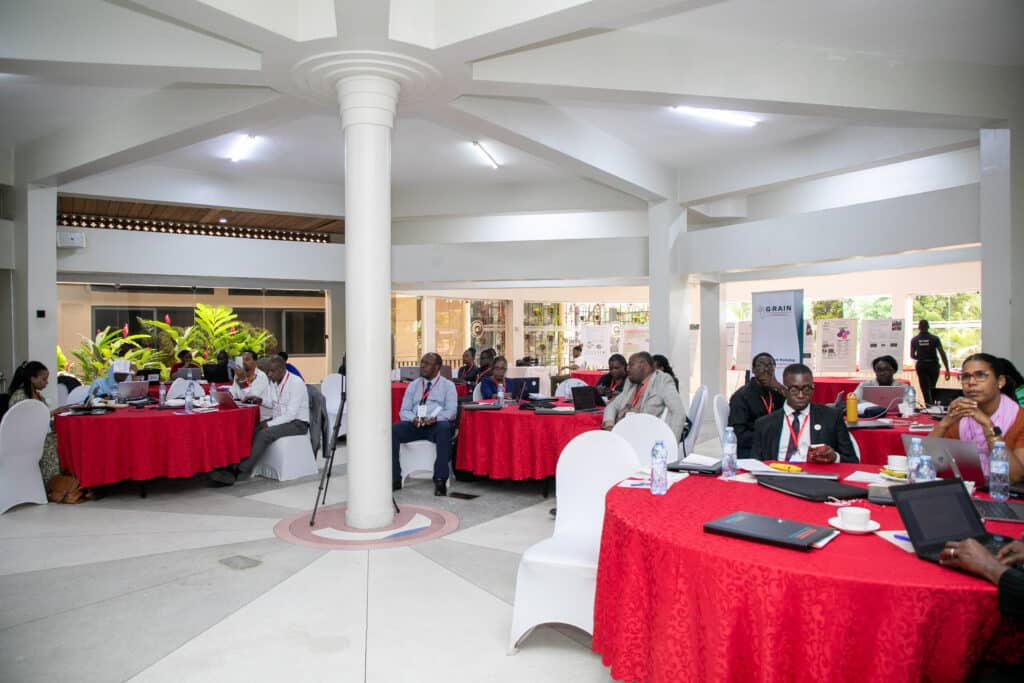
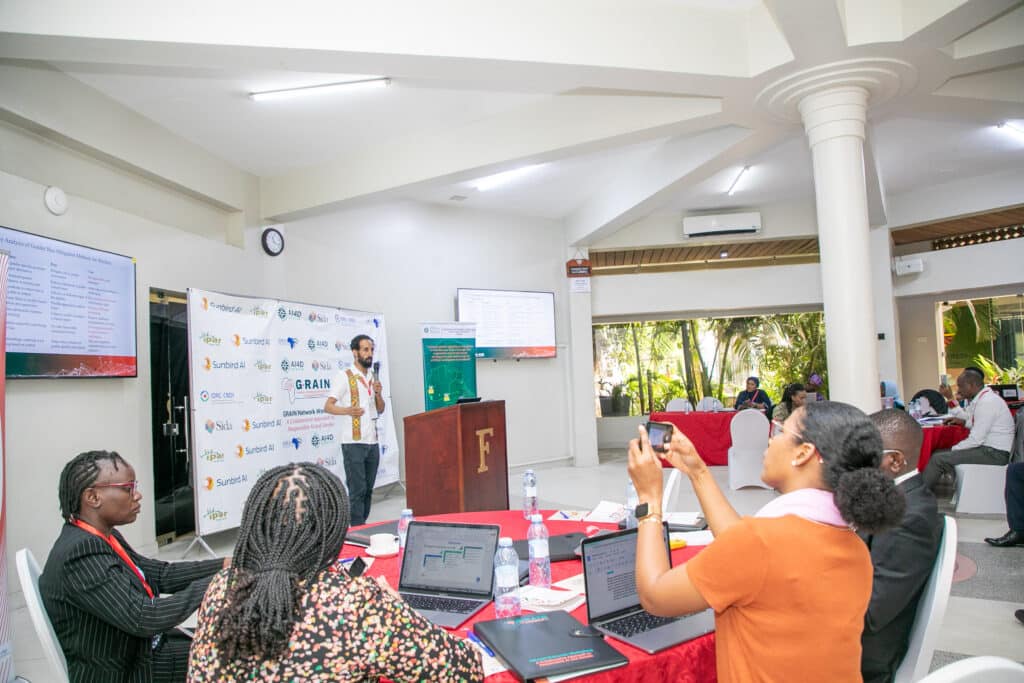
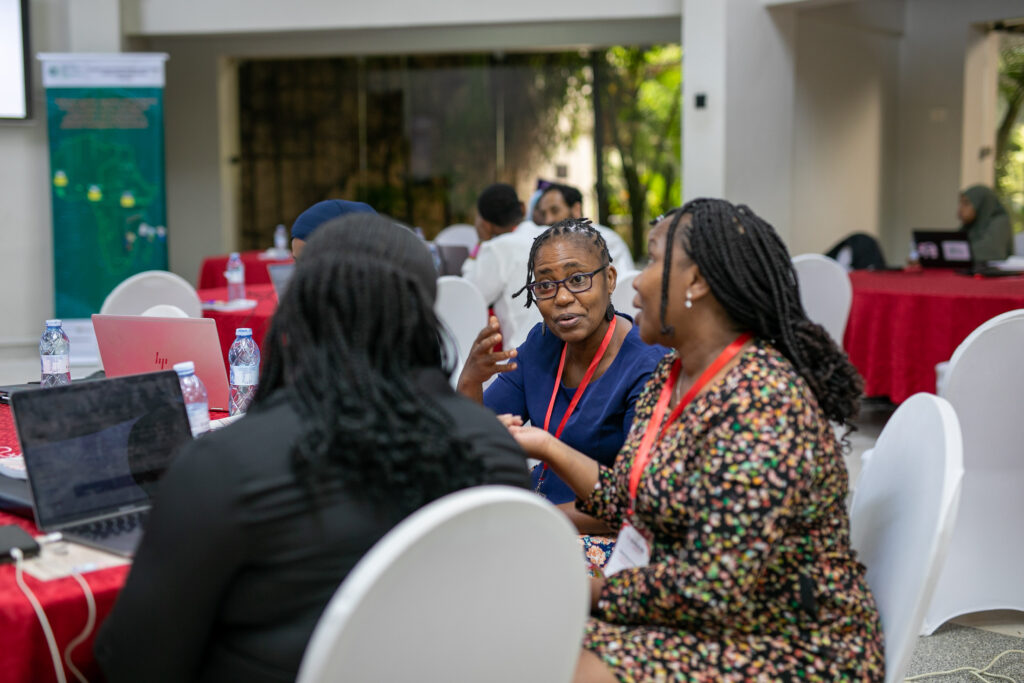
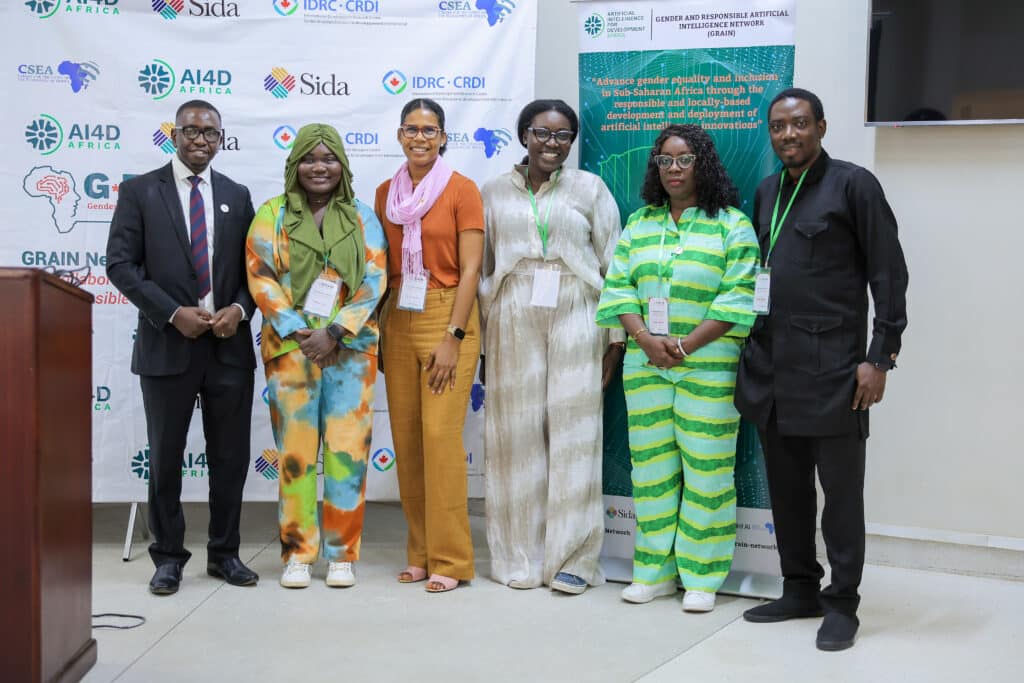
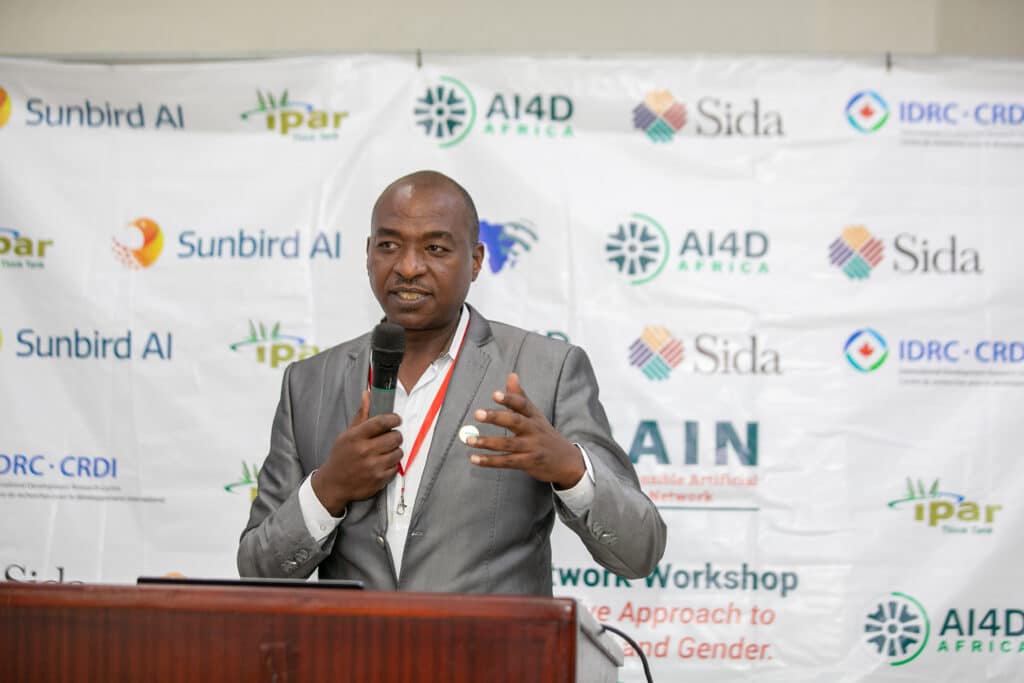
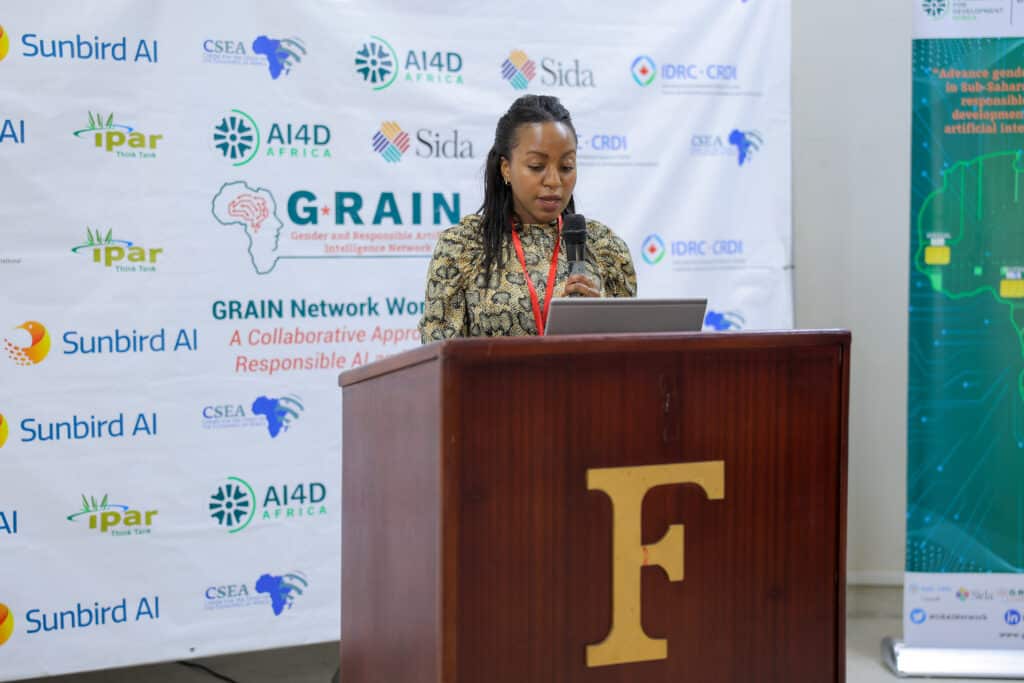
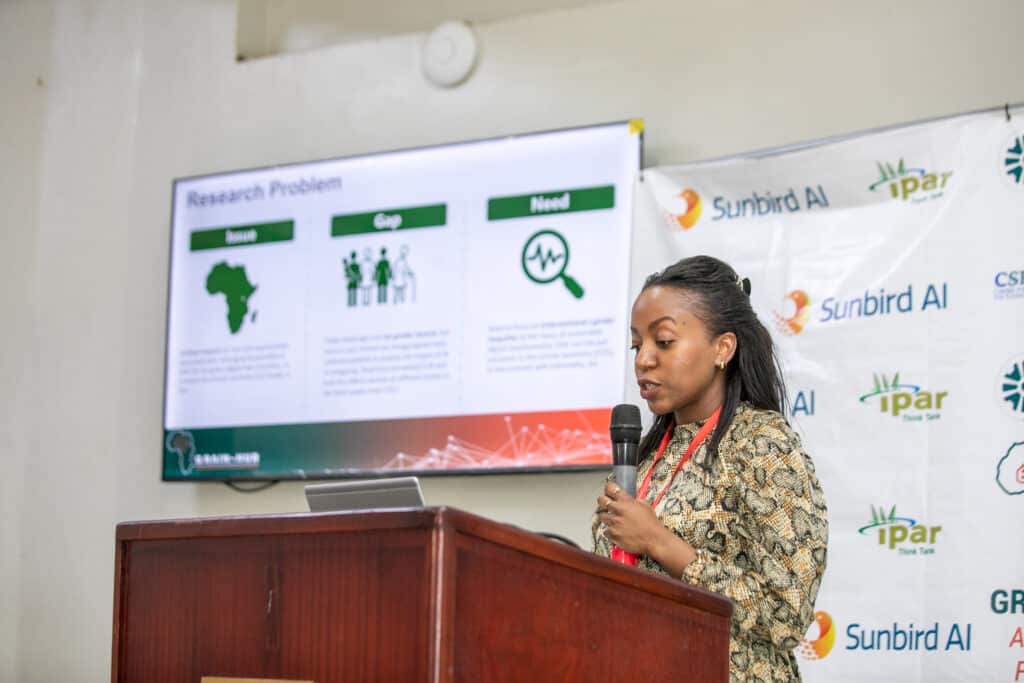
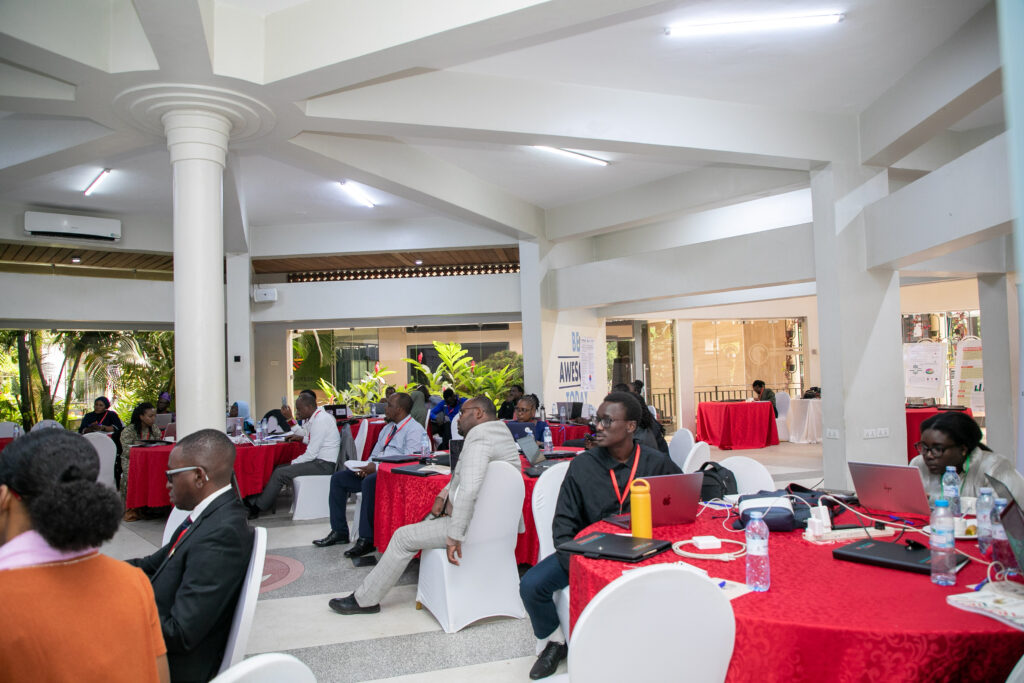

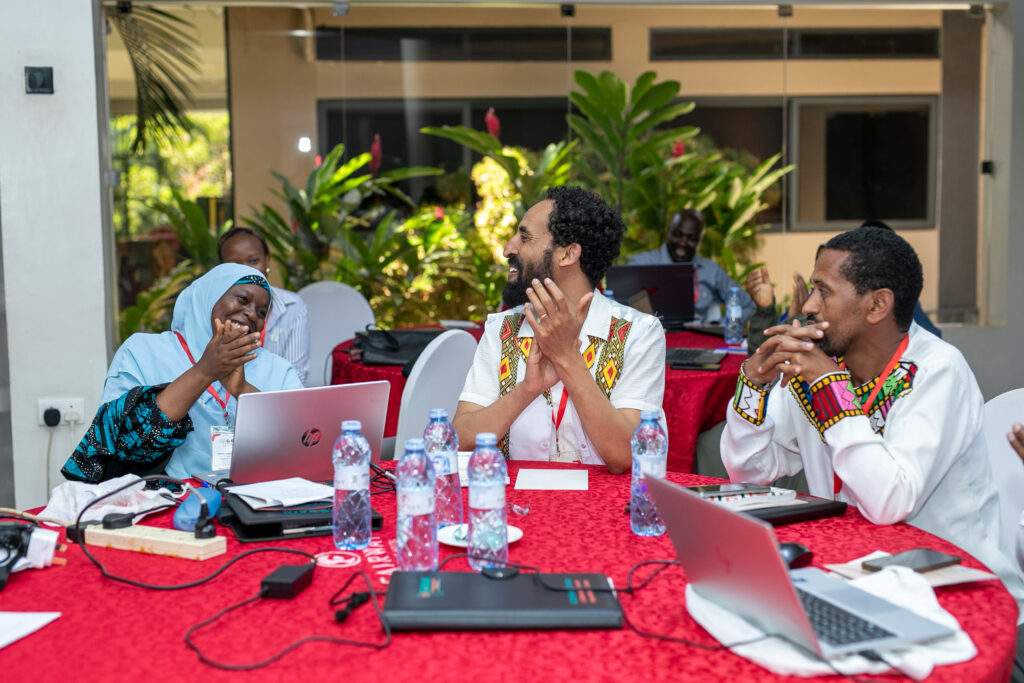
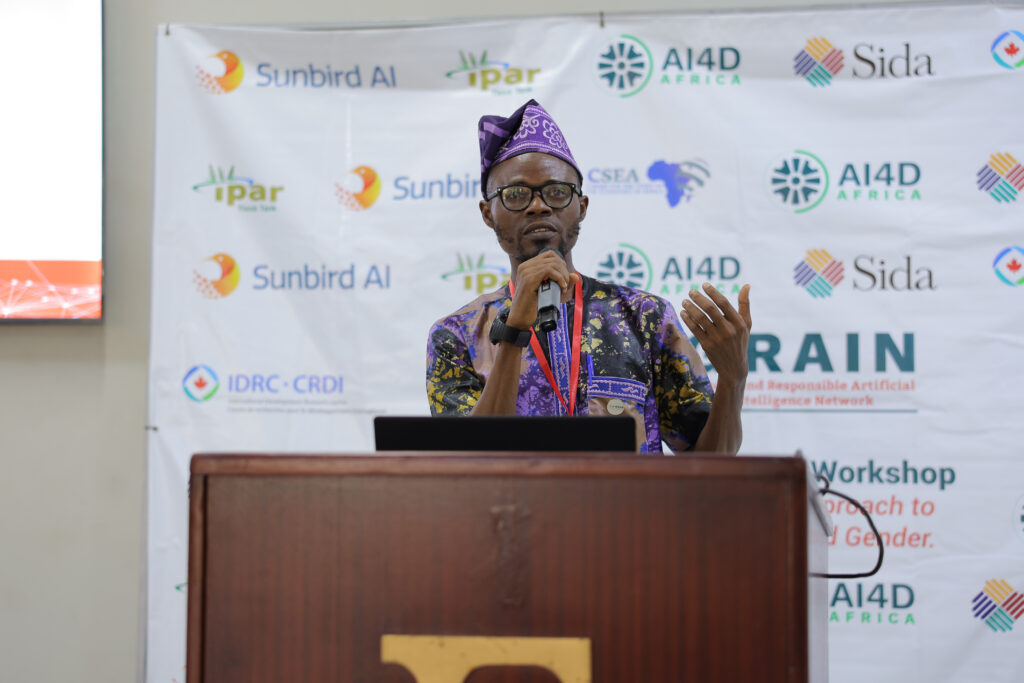


Not that long ago, people lived and functioned in tight communities. Every vendor knew their customers personally and could make...
This Machine Learning Glossary aims to briefly introduce the most important Machine Learning terms - both for the commercially and...
